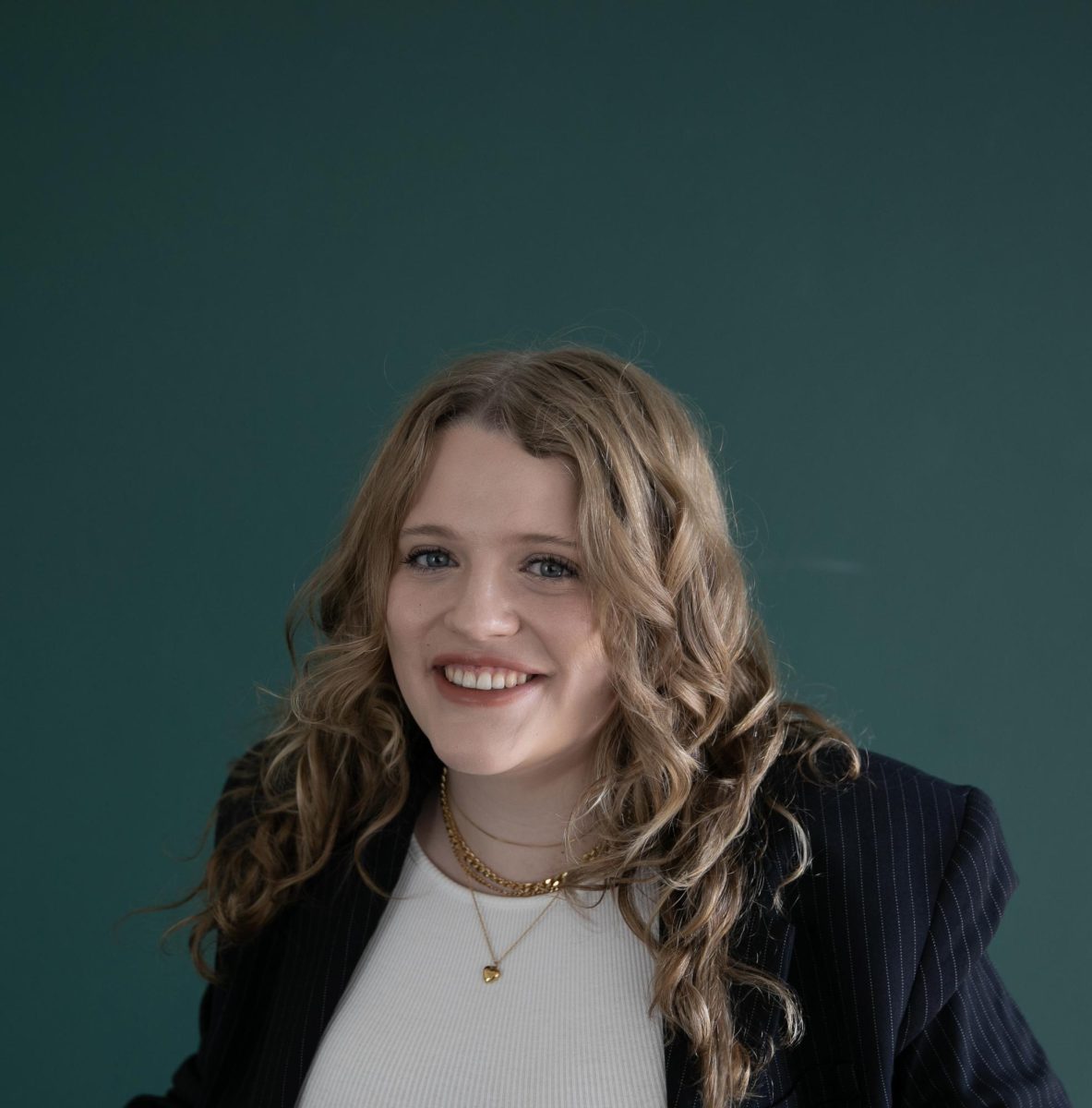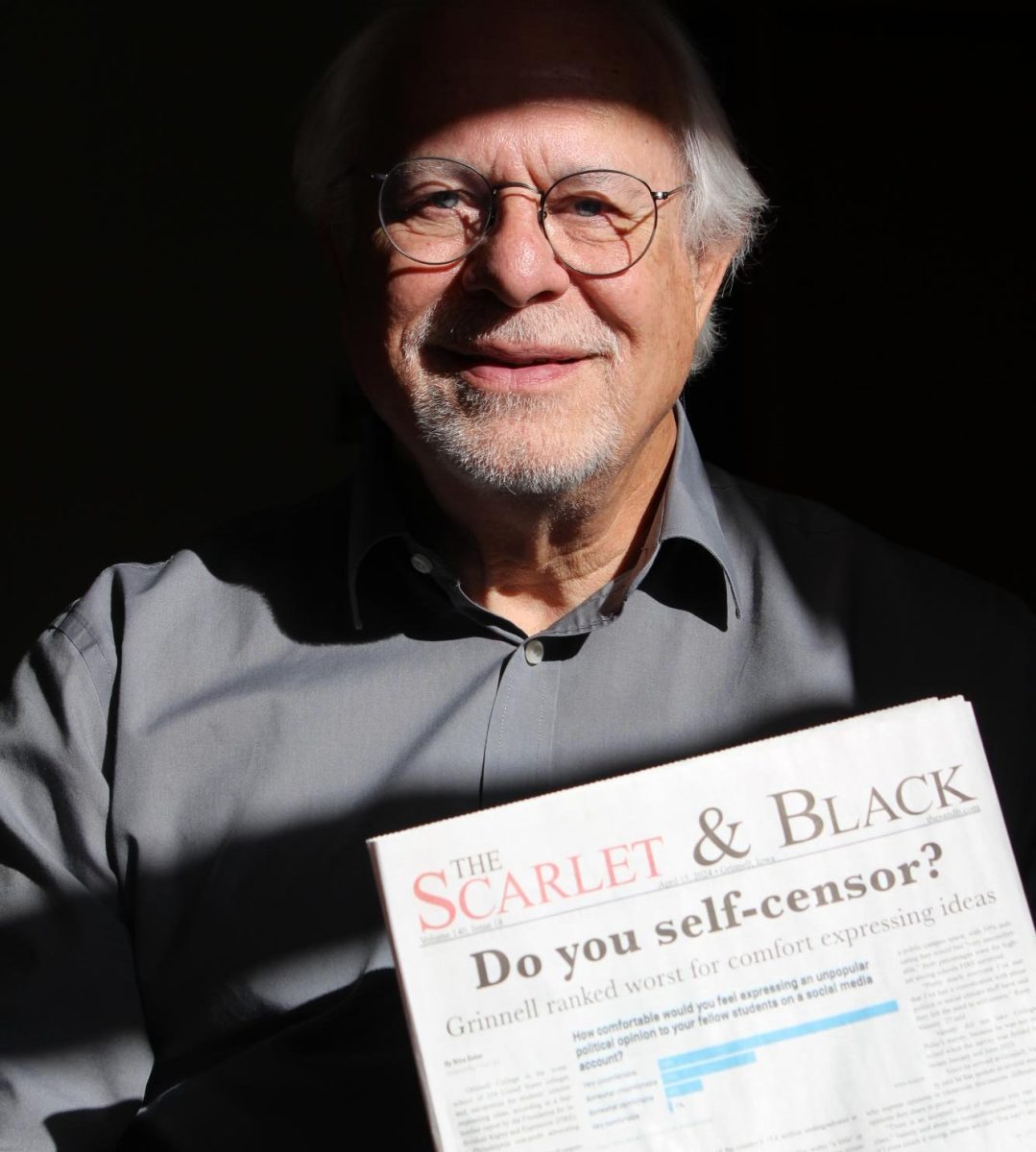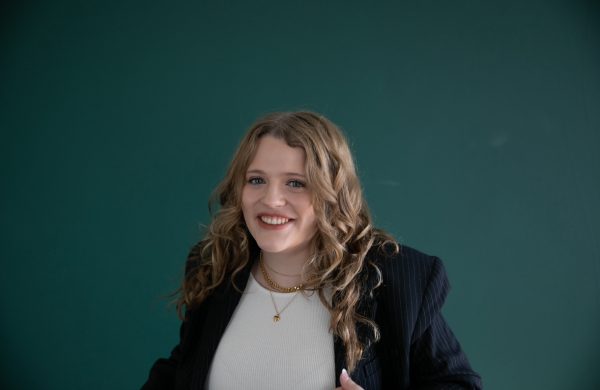As a student with multiple invisible disabilities, I knew the college transition would be hard. I wasn’t worried about my courses or being away from my family — rather, I found myself asking questions able-bodied people would never consider. Would I be able to wake up and get out of bed in the morning? What happens when, not if, I can’t walk up or down the stairs? Will my teachers punish me if I feel too sick to go to class? I hate to think that some of you may think I’m exaggerating, but unfortunately, I am not. This is my reality.
I am a first year, and one of the most significant factors in my college search was the disability and general health resources available on campus. Grinnell seemed to check the boxes I needed, and I was hopeful. However, after only having been on campus for a few months, I have already had enough. Ableism is alive and well in the Grinnell College community, and it’s time we talk about it.
Based on my own experiences and those of others I have spoken with, there is an overwhelming lack of education surrounding disability on campus. Last semester, the Disability Cultural Center collected data surrounding disability on campus. According to Emmy Potter `24, the executive officer of the Disability Cultural Center, even though most respondents found disability to be a valuable part of diversity, they never learned about it during New Student Orientation week, the First-Year Experience course or in any other coursework.
The academic culture at Grinnell also creates ableist undertones in the classroom. This is not necessarily the fault of staff or faculty, but the pro-all-nighter, push-through attitude on campus does not align with the needs or abilities of disabled students. “We will all be impacted by disability at some point in our lives, either by developing a disability ourselves or being a caretaker for a loved one, and I think that this makes education and programming around disability crucial to both being an understanding and empathetic person and also destigmatizing disability as a normal part of the human experience,” said Potter.
Some discrimination is more direct. I have already lost count of how many times someone has said, “Oh, you’re so lucky! I wish I had that so I could get accommodations,” one of the most invalidating things you can hear as a disabled person. Even if someone does not confront you directly, if you need accommodations, you are often left feeling unworthy or like you are cheating the system despite not having the same starting point as your non-disabled peers.
Disabled students on this campus are constantly working to get what we need to succeed in life and the classroom. Whenever we raise concerns, we are typically dismissed and told to go to Steiner Hall. Don’t get me wrong, the Disability Resource Center is amazing, but much more needs to be done. Despite numerous projects, campus is still highly inaccessible, which has created many issues for disabled students. Sam Wilson `26 explains that they have had multiple experiences with automatic doors not working and that they are told to talk to someone else, schedule a meeting or join a committee when they report it. However, as they point out, “You can’t expect disabled students to spend our already limited resources fighting for the bare minimum, limited resources being the mental and physical energy necessary that we already spend trying to survive in a community centered around abled people. But that is what’s expected, and that’s the problem.”
The world is not built for disabled people, and for Grinnell students to truly be agents of change and advocates for social justice, we must understand disability itself and fight for disability justice on campus and wherever we end up in the future.
The Disability Cultural Association has been actively trying to get students involved in disability justice by hosting a “Working with Ableism” monthly speaker series, but only a few students show up, and all of them are already affiliated with the group in one way or another. This is the perfect example of the lack of interest in disability justice on campus. Grinnell students should know that there are still two upcoming presentations this semester, one about complying with Section 508 — the amendment to the Rehabilitation Act of 1973 that requires all federal electronic content to be accessible to disabled users — on Nov. 15 and a student panel on Dec. 6.
Disability affects our social lives, academics, finances, mental and physical health and so much more. I highly encourage everyone to attend a Disability Cultural Association event, help spread awareness on accessibility issues or simply listen to the concerns of disabled students on campus. The world is not built for disabled people, and for Grinnell students to truly be agents of change and advocates for social justice, we must understand disability itself and fight for disability justice on campus and wherever we end up in the future.






























































